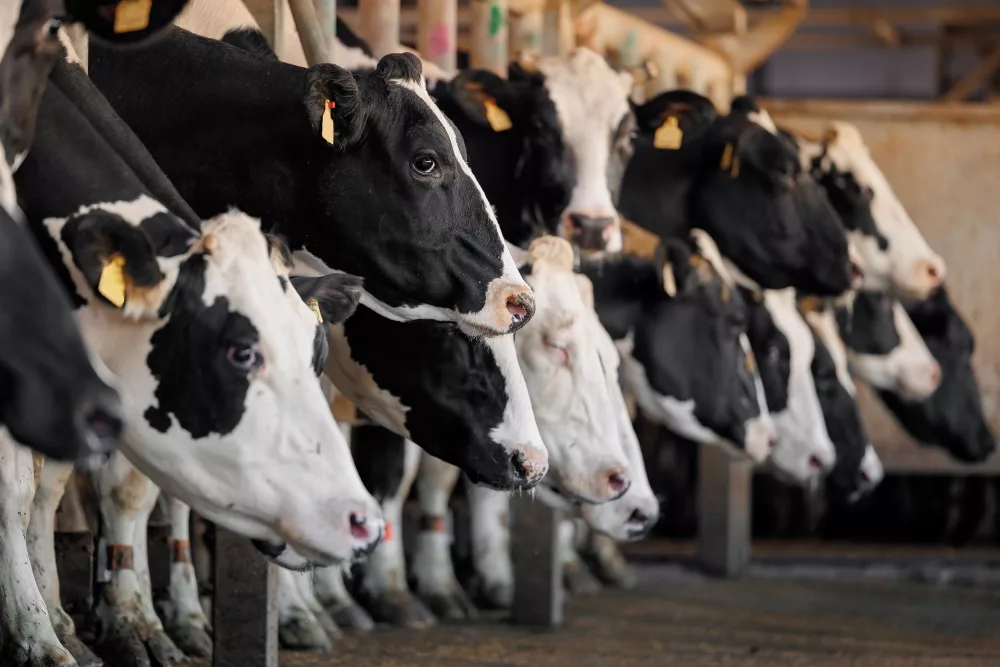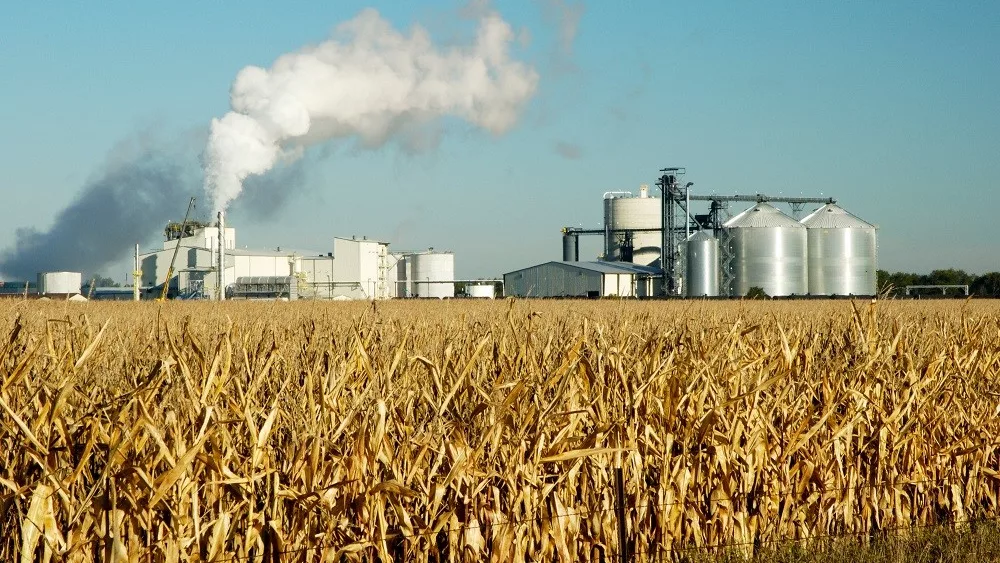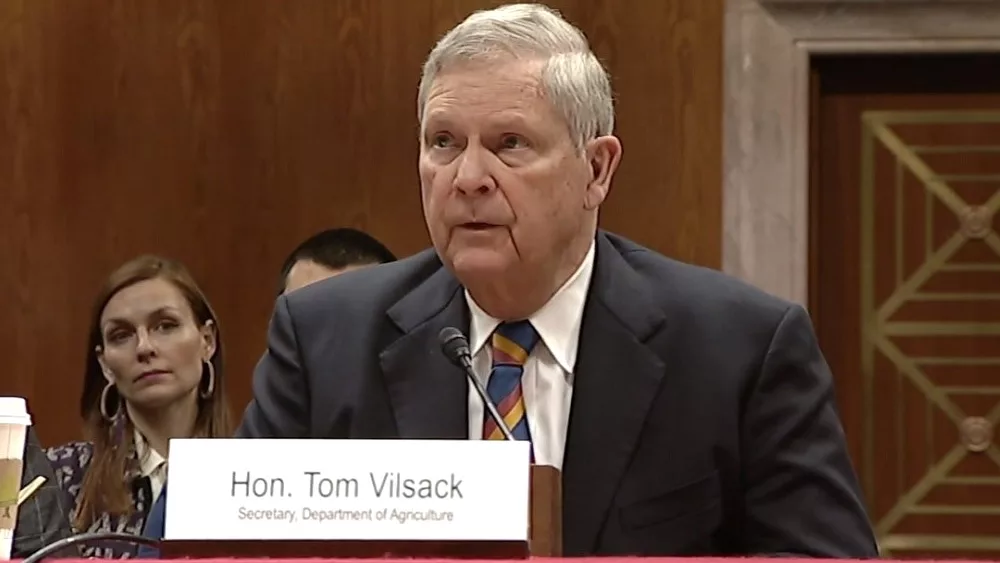
The new kids are in town (Washington, DC), and they are armed with a lot of priorities and policies that they are eager to adopt. They are also eager to do away with some of the policies that the last gaggle put in place when they came to town. This is the way the American political process works. Meanwhile, farmers farm the land; try to produce the food, fiber, and fuel we need; and adjust to changes which can have a big impact on their profitability.
Last time around, it was trade that had the front seat. This time it is the environment and climate change. President Biden, Ag Secretary Vilsack, and Senate Ag Chairperson Debbie Stabenow, all have stated that environmental issues are at the top of their list. This is an area that will have an impact on agriculture and may drastically change the way farmers farm.
It is also an area where agriculture has a great story to tell and can offer some real solutions to our environmental issues. The challenge, however, is that extremists on the environmental and organic sides are not farmer-friendly and have agendas that are at odds with modern agriculture. Thus, agriculture must present a strong message as the climate debate begins.
The good news is farmers have a great story to tell. The environmental record of agriculture is far better than that of the manufacturing, oil, steel, and high tech industries. Yes, there have been disasters, bad actors and misguided policies in agriculture; but, when it comes to addressing greenhouse gases, carbon sequestration, water conservation, and soil erosion, farmers have made more progress and more personal investment than the CEOs of big food brands who like to call for more sustainable food production methods.
For the most part, these improvements have been made without heavy-handed, regulatory controls. An area to pay special attention to and to guard against is a return to the Waters of the U.S. rules and other state or federal regulations that mandate certain practices or land use. A point often lost in this argument is that farmers and landowners are more than willing to be outstanding environmentalists with some incentive. I attended a roundtable discussion with leading farmers and then Ag Secretary Perdue who asked the producers which was a more effective approach — a carrot or a stick. The farmers unanimously said the carrot would be more effective and less costly than the stick.
A relatively new development that can provide that carrot while generating environmental benefits is the carbon credit market. Here, landowners can make money by crop and land use that sequesters carbon in the soil. Expect a lot more interest and action in this area on the coming years.
From the use of cover crops, to reduced chemical and water use, to the growing trend of biologicals in soil fertility and crop protection, farmers are leading the way in protecting the earth and adapting to a changing climate. We must make our voice heard and demand a seat at the table when new environmental policies are being crafted. New alliances with groups we have not worked with previously may be required. It will be important on the local, state, and federal levels that we be prepared to talk about environmental issues and share important story we have to tell.





